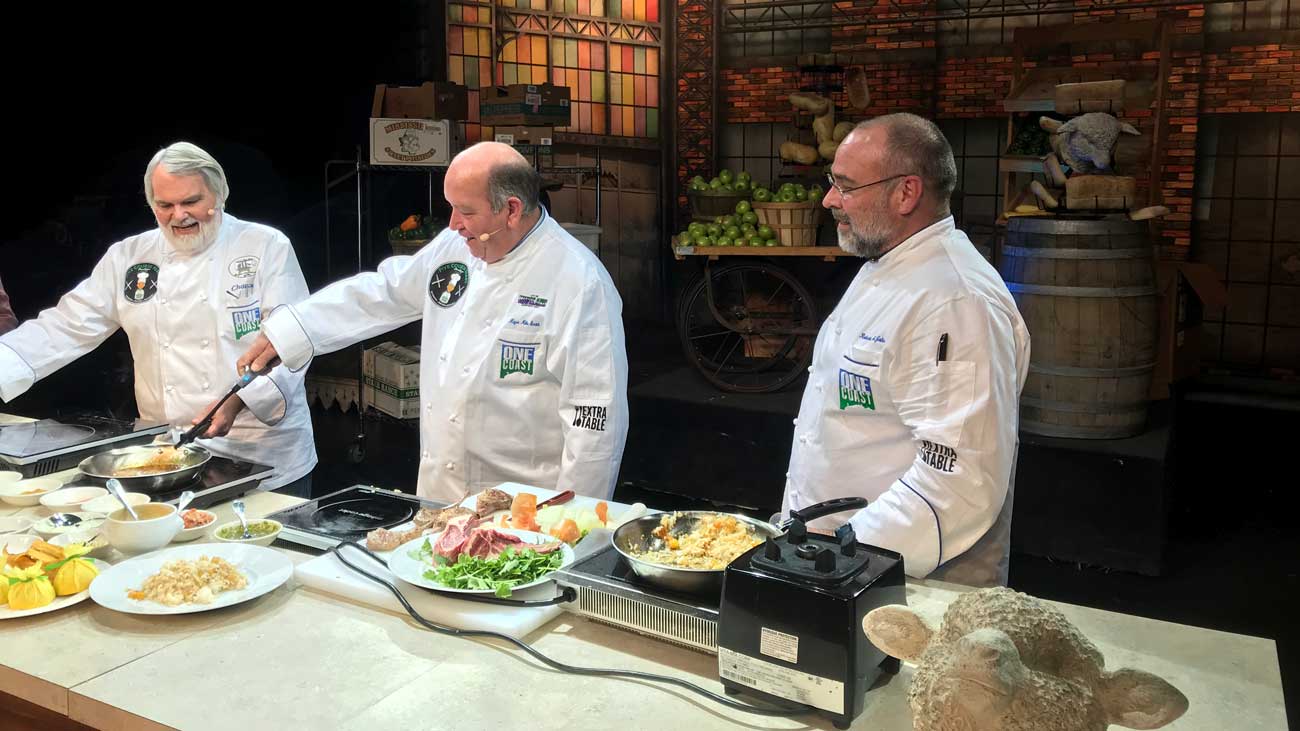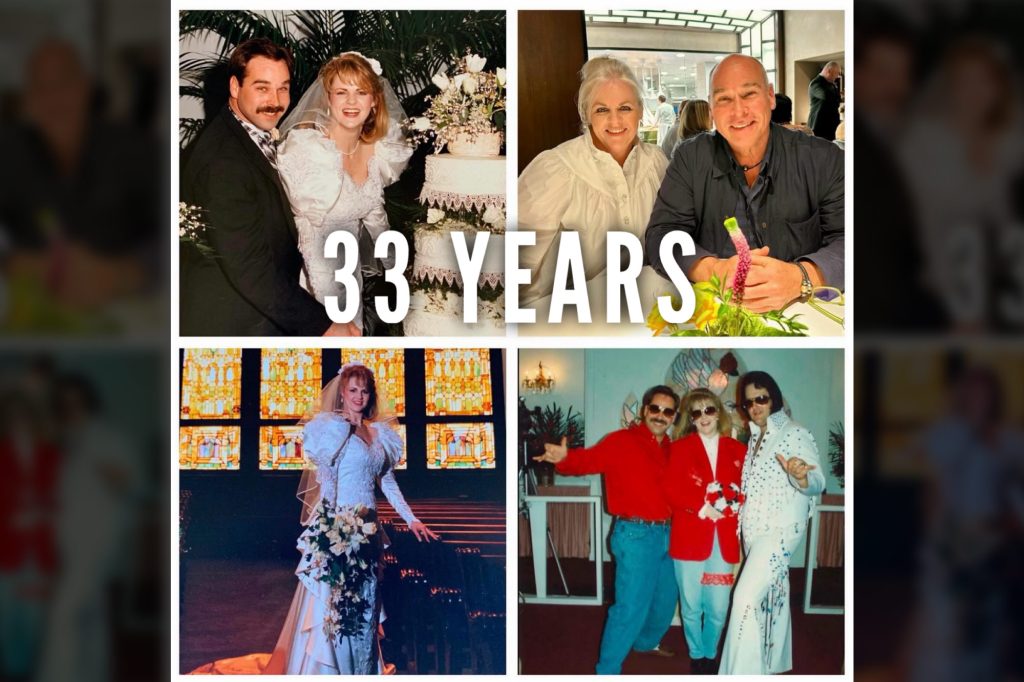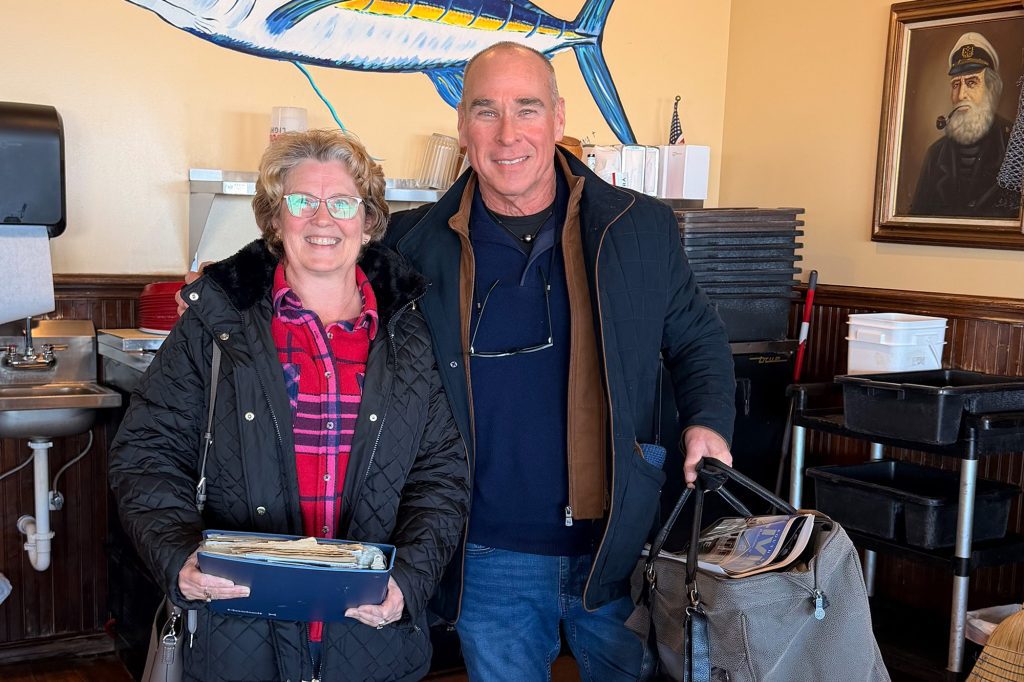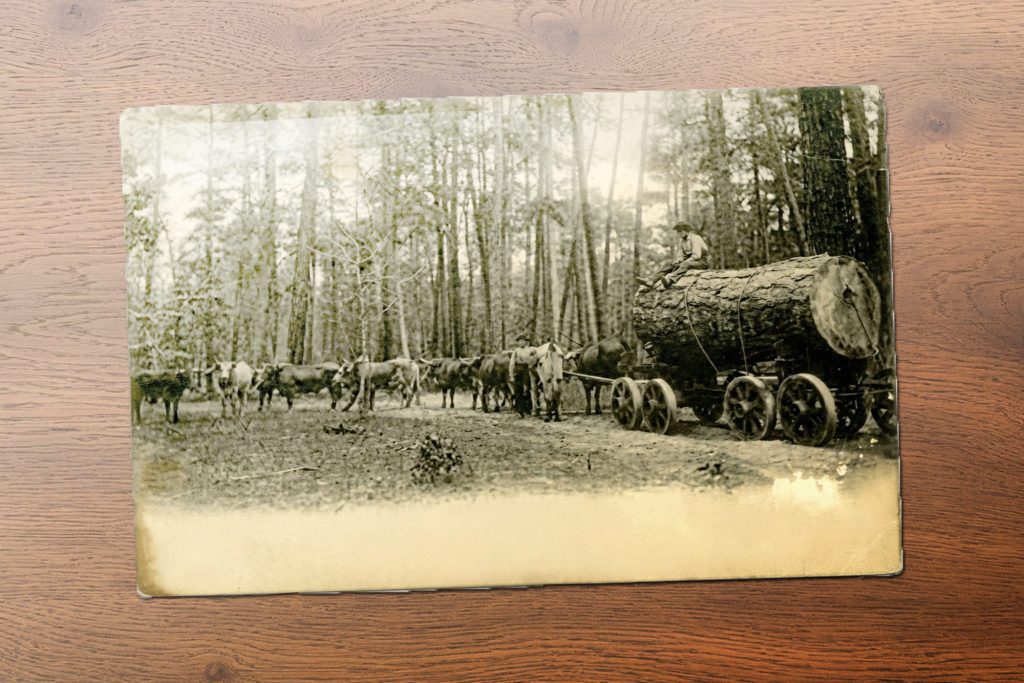My week in 111 words or less: We regretfully left Bologna, drove a beautiful stretch of Italian highway along the Adriatic Sea, spent two nights in an ancient Southern Italian town— Ostuni— with tiny streets, lost my wife at a laundromat, was verbally accosted by a crazy Italian man, spent the night on a rickety ferry to Greece, ate a wonderful dinner under the stars in Olympia, drove through treacherous mountain roads to Athens, was ripped off by a lady selling figs on the side of that road, lost a credit card at a gas station, almost died in Athens’ rush hour, boarded a ship to Turkey, ate dinner on the terrace of a Istanbul rug merchant’s home.
Other than that, things have been pretty slow over here.
I spent 2 1/2 years preparing for this yearlong journey. I saved money for three years, sold a piece of real estate, and worked out a publishing deal. But one of the most critical things I did to prepare for this trip was to seek advice from others. Many people offered wise counsel, and I thank them all, now.
Most importantly, I want to thank one man— Dr. Milton Wheeler, a history professor at William Carey University. Dr. Wheeler has been a passionate teacher of history for 50 years and is truly a walking encyclopedia when it comes to European travel, partly because he has led 96 tours to this continent but mainly due to his passion for the area and it’s historical significance.
Beginning in February, I started having weekly lunch meetings with Dr. Wheeler at our restaurants. I traded soup for knowledge. The information he offered was worth 1,000 guidebooks and gallons of gumbo. He helps pilot our movements, even while we are here.
With such a hectic week, I’d like to focus on two events— the dinners in Olympia and Istanbul.
It was Dr. Wheeler who recommended the Hotel Europa in Olympia. This place was perfect and held everything that we are looking for on this trip: Inexpensive, clean, beautiful/historic area, with great food, and free wifi.
The hotel’s dining room is situated outside in an olive grove, high on a hill, looking west towards miles of Grecian countryside, scattered villages, and a daily sunset. The tables are candlelit. Some are set under the stars; others are under grapevine-covered pergolas, complete with muted tablecloths, wicker chairs, and hanging grapes.
The olive trees are up-lit in the evening and were just beginning to bud during our visit. The hotel makes it’s own olive oil from these trees. It also uses vegetables from its gardens and pork and lamb from its pigs and sheep nearby.
While admiring the candle-lit tables and up-lit olive trees overlooking the valley, I turned to my kids and said, “Take a picture of this.” They looked at me a little strange because they don’t own cameras.
“Just look around for a minute and take a mental picture. Listen to the crickets and accents. Smell the food and flowers. This is what you want to remember. This is why we are doing this.”
The hotel is run— and run well— by three generations of family members who work in all aspects of the business morning, noon, and night.
I would provide a menu for the meal, but the promised emails from the property owners have not arrived, as no one in Greece or Turkey cares much about newspaper deadlines. You’ll have to buy the book.
Thanks to another tip, this one from column reader, Cheryl Freeman in Jackson, we hooked up with an Istanbul cab driver named Jon, who made our 36-hour stay a memorable one.
One of the city’s legitimate rug merchants gave us a recommendation to eat dinner at his friend’s restaurant. I use the term “restaurant” because I’m not really sure what to call it. We actually dined in his home, but we paid for it.
We sat between two tables of diners on the fourth-floor terrace of Nostra Casa. The owner of the house was happy Turkish hippie named, Tourgay— think Tommy Chong, but younger, skinnier, and with a slight accent.
We were hosted by Tourgay, we were served by Tourgay, the wine service was handled by Tourgay, and the meal was cooked by— you guessed it— Tourgay.
He prepared an excellent nine-course meal of Turkish-Italian fusion cuisine, with a little Asian influence thrown in for good measure. Again, I’m waiting on menus to be emailed.
From the terrace, we enjoyed a beautiful view of the Blue Mosque, an 1,800 year-old section of the original wall of the Hippodrome, boats anchored in the Marmara Sea, the city lights of Istanbul— in both Europe and Asia— all under a brilliant crescent moon. As the sun began to set, the Adhan (Muslim call to prayer) echoed through the streets.
I turned to the kids and said, “Take another picture. This is why we are doing this.”
Shrimp and Okra Gumbo
1 /2 cup Canola oil
3 /4 cup Flour
3 Tbl File powder
1 cup Onion, diced
1 /2 cup Celery, diced
1 /2 cup Bell pepper, diced
1 1 /2 cups Fresh okra, sliced
2 Tbl Garlic, minced
1 1 /2 lbs Shrimp, small
2 tsp Salt
1 1 /2 tsp Black pepper
2 tsp Creole Seasoning (recipe page xxx)
1 1 /2 tsp Basil, dry
1 tsp Thyme, dry
1 cup Tomatoes, diced, canned or fresh
2 quarts Shrimp stock
1 Tbl Hot Sauce
1 /4 tsp Cayenne pepper
In a large skillet, combine oil, flour and file powder to form a roux. Cook over medium heat, stirring often until roux is very dark (be careful not to burn). Add
vegetables, garlic, spices and shrimp and continue to cook for five to seven minutes, stirring constantly to prevent burning. Meanwhile, bring shrimp stock and tomatoes to a boil. Slowly add roux mixture to boiling stock and mix well. Lower heat to a slow simmer, and cook 10 more minutes. Add hot sauce and cayenne pepper. Yield: 1 gallon



